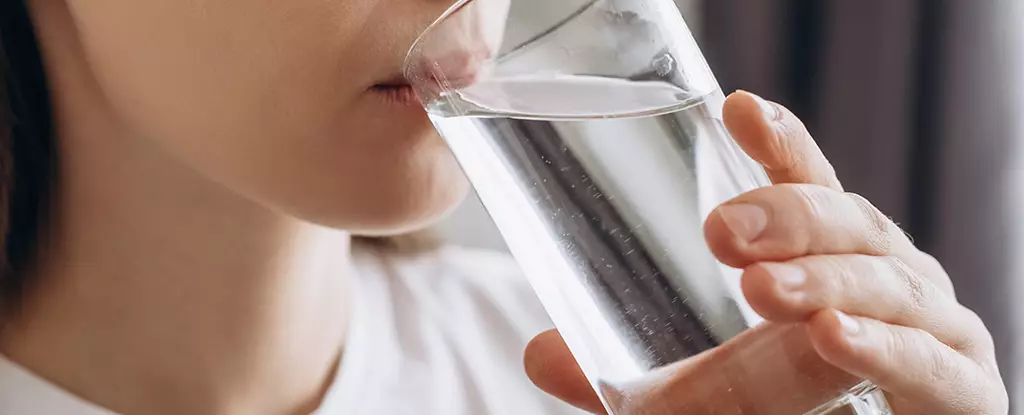Microplastics pollution has emerged as a pressing global concern affecting ecosystems and public health alike. As these tiny plastic fragments infiltrate our water supplies, they raise serious questions about their impact on human health through consumption. Recent research breakthroughs signal a promising approach to mitigating this threat, particularly in how we process our drinking water at home.
Microplastics are defined as plastic particles smaller than five millimeters, which arise from the breakdown of larger plastics or are manufactured at that size for use in products. They can be found in various everyday items, including textiles, cosmetics, and food packaging. The alarming truth is that microplastics can enter our bodies through food and water, with studies indicating that even our drinking water is contaminated. Scientists are increasingly investigating how these particles affect health, with preliminary findings linking them to alterations in gut microbiota and potential antibiotic resistance, raising the stakes for public health policy and personal choices.
In response to the alarming presence of microplastics in drinking water, a collaborative study by researchers at Guangzhou Medical University and Jinan University in China offers a practical response. Their recent research, published in February, explores a straightforward and accessible method for individuals to purify their tap water, thereby reducing microplastic ingestion. By employing common kitchen practices, such as boiling water, the team has discovered a viable means of minimizing nano and microplastic contamination.
The study dissected the efficacy of boiling water in two main types of tap water: soft water, which contains fewer minerals, and hard water, imbued with higher mineral concentrations. Their experiments included deliberately introducing nano/microplastics into both types before boiling. The results were striking; in certain instances, up to 90% of microplastics were eliminated through this boiling and subsequent filtration process.
One particularly fascinating aspect of their findings is the different effectiveness across water types. Hard water tends to accumulate calcium carbonate when boiled, creating a scale that entraps the microplastic particles within its crusty residue. This natural phenomenon provides an additional layer of filtration, highlighting the potential of hard water in combating microplastic exposure.
The implications are profound: not only does boiling water serve to eliminate pathogens, but it also appears effective at capturing microplastics, creating a twofold benefit. Filter methods can be as simple as using fine mesh strainers, commonly found in most kitchens, allowing households to implement this solution without significant financial or logistical burdens.
While boiling water might seem like a common practice in certain cultures, it is not universally adopted. The study notes that in various regions, particularly in some Asian countries, drinking boiled water is traditional, suggesting a cultural connection that could become pivotal in public health strategies. The researchers advocate for a cultural shift that encourages boiling water as a standard practice to counteract the increasing prevalence of microplastics in our ecosystems.
Despite these encouraging findings, many questions remain unanswered regarding the broader implications of microplastics in human health. The researchers emphasize the need for more extensive studies examining the long-term effects of persistent microplastic exposure and the effectiveness of boiling as a purification method.
The current knowledge is insufficient for public health experts to determine the full impact of microplastics on the human body, making it essential to prioritize deeper investigations into this burgeoning field. The call for expanded research initiatives aims to bolster our understanding of these pollutants and explore actionable solutions that prioritize health and safety.
The presence of microplastics in drinking water poses a formidable challenge, but the collaborative research from Chinese scientists shines a light on a feasible and accessible strategy to combat this crisis. By boiling tap water and filtering out contaminants, individuals can take proactive steps toward safeguarding their health amid rising plastic pollution. As awareness grows, so too does the responsibility to adopt practical measures that will help preserve our health and mitigate environmental degradation.


Leave a Reply